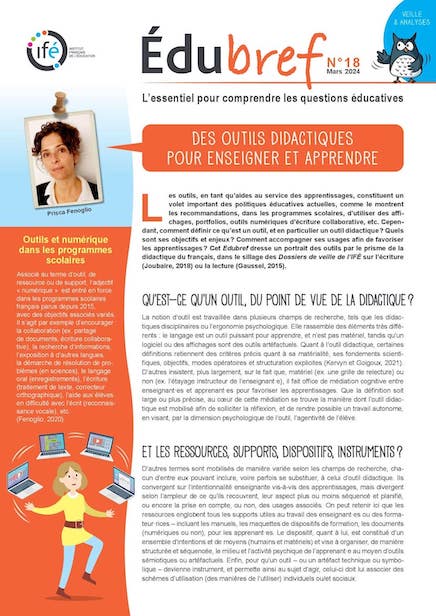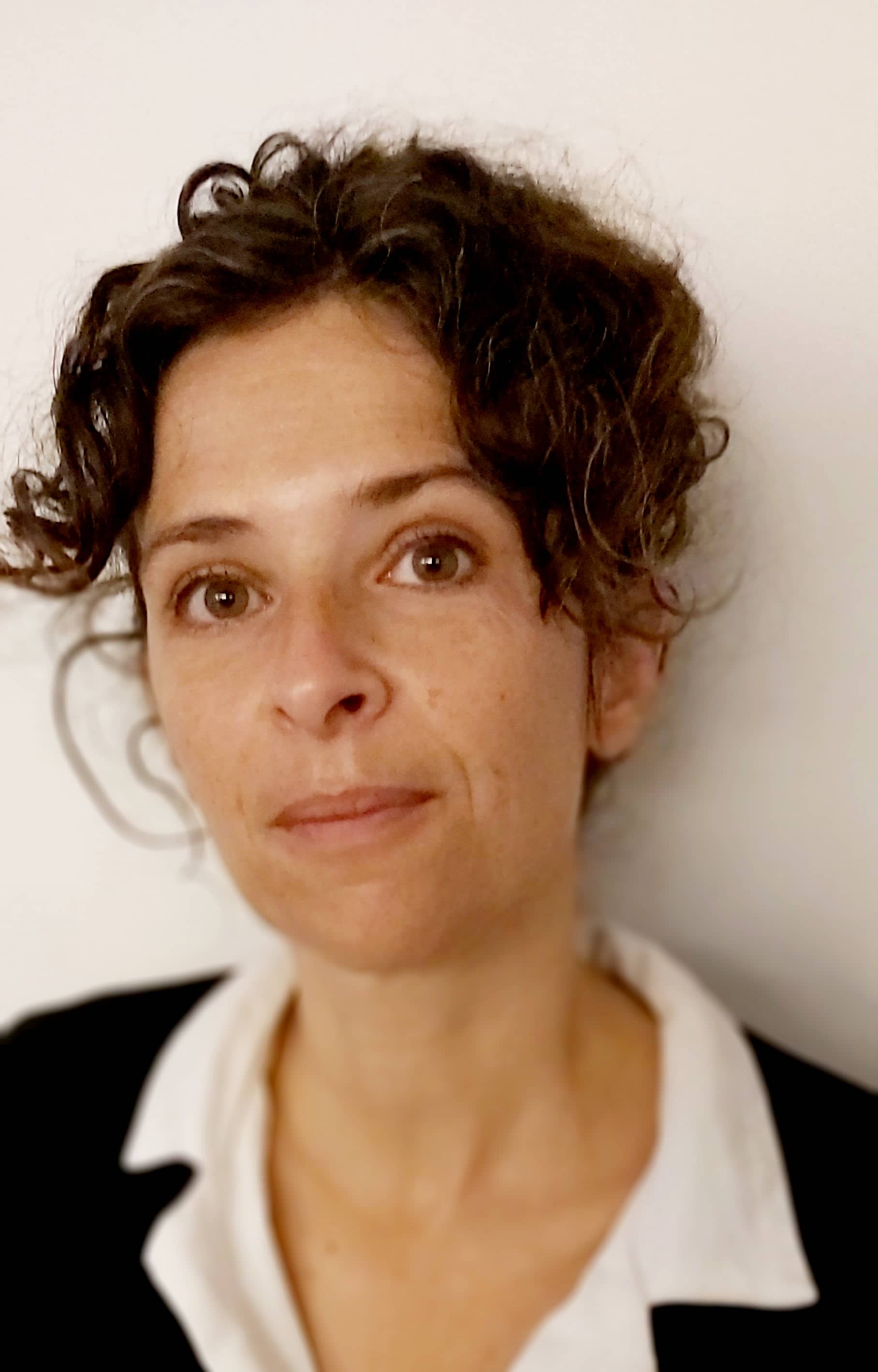Pays : France
Langue(s) : français
Auteur(s) : ALI Amjad
Date de soutenance : 2011
Thèse délivrée par : Université de Bourgogne
Section(s) CNU : section 70 : Sciences de l'éducation
Sous la direction de : Thierry CHEVAILLIER
Jury de thèse : Haddad, Georges ; Hugonnier, Bernard; Mingat, Alain ; Rouet, Gilles
Thèse rédigée en anglais
Abstract
Higher education in asian countries and the role of international organizations in its development : a comparative study
« The international community is interlinked in such a coherent way that in today‟s globalized world the socio-economic development cannot be achieved in isolation. Moreover the scientific and technological developments have led to an enhanced interaction and interdependency at international level. The new ICTs have herald the digital era and knowledge based economy. Today knowledge is becoming borderless as the information and innovative ideas are no more restricted to political boundaries of a country but flow continuously in all parts of the world. In this context the importance of education, particularly higher education has increased further and it is developing and expanding in all regions. The rapid expansion and extension of higher education, in this globalized world, depend on the collective efforts of different stakeholders at state and international level. In this context nation centered policies and isolated national efforts to develop higher education are not adequate to develop fully the higher education and to make relevant to the national and international needs of a society. Thus to face these new challenges international organization particularly intergovernmental organizations (IGOs) are playing an active role in a variety of way. The active participation of multiple actors, at national and international levels, and their multifaceted contributions in the field of education, including higher education, have given IGOs dynamic and changing roles to play. These international bodies are rapidly becoming an integral part of the international society and the circle of their activities is continuously expanding. In recent years the demand to measure the effectiveness of IGOs has increased due to three major reasons: the number of IGOs is continuously increasing, huge amount of resources are poured into these bodies but still many of objectives set by IGOs could not be achieved. In this regard, it is very important to explore how, when and why these international actors act, react and cooperate with each other. The level and type of higher education in a country affect the efficiency and overall productivity of a nation. Owing to the increased importance of higher education, nations are struggling to reform, reframe and restructure policies and systems pertaining to higher education with an objective to increase the share of highly educated population. It can improve the economic tel-00665905, version 1 - 3 Feb 2012 2 productivity that has become essential to stay in and to compete with the globalized knowledge based economy. In the most of the Asian countries education at all levels has expanded at an unprecedented rate during the last decade and the process is still going on. There are multi-level socio-economic, political and international forces that drive this rapid development in higher education sector. In Asian region the importance of higher education is on the rise due to two main reasons: rapid economic growth and the presence of vast resources both human and natural. In Asia many IGOs are engaged in the process of development and promotion of education at all levels that range from pre-primary to higher education. The main goal of this research is to study, in the presence of empirical evidence, the role of IGOs in the development of higher education in Asia. The research is "explanatory" in nature as it attempts to explain the IGOs‟ role by answering the questions what, how and why? This research is more extensive than intensive in nature This research is based on explanatory study of three IGOs, which are engaged in the development of higher education: OECD, UNESCO and World Bank. The major focus of this research is to investigate into the role of the selected IGOs in the development of higher education through outlining the background of the IGOs involvement in higher education, studying different initiatives, and exploring the result and outcomes of these initiatives and activities. To study the role of IGOs, in Asian higher education, two major pointers were used; the first was related to process of policy reform in the member states, restructuring of education system, decentralization and devolution of power at local level and more autonomy to higher education institutions. Whereas the second pointer was associated with the increase in the enrolment at post secondary level, increase in the school life expectancy form primary to tertiary level, and quality development and enhancement initiatives. Empirical evidence shows that the IGOs‟ policy reform initiatives have contributed to the change in the member countries as in the majority of the countries, for the last two decades, policy reform process has accelerated and it has resulted into more appropriate education polices and legal instruments to serve better the needs of education sector. Likewise an unprecedented increase in the Gross Enrolment Ratio (GER) at primary, secondary and tertiary levels has been seen. »
URL : http://tel.archives-ouvertes.fr/tel-00665905
mot(s) clé(s) : comparaison internationale, enseignement supérieur, évaluation
L'enseignement supérieur en Asie et le rôle des organisations internationales dans son développement : une étude comparative
Auteur(s) : ALI Amjad
Date de soutenance : 2011
Thèse délivrée par : Université de Bourgogne
Section(s) CNU : section 70 : Sciences de l'éducation
Sous la direction de : Thierry CHEVAILLIER
Jury de thèse : Haddad, Georges ; Hugonnier, Bernard; Mingat, Alain ; Rouet, Gilles
Thèse rédigée en anglais
Abstract
Higher education in asian countries and the role of international organizations in its development : a comparative study
« The international community is interlinked in such a coherent way that in today‟s globalized world the socio-economic development cannot be achieved in isolation. Moreover the scientific and technological developments have led to an enhanced interaction and interdependency at international level. The new ICTs have herald the digital era and knowledge based economy. Today knowledge is becoming borderless as the information and innovative ideas are no more restricted to political boundaries of a country but flow continuously in all parts of the world. In this context the importance of education, particularly higher education has increased further and it is developing and expanding in all regions. The rapid expansion and extension of higher education, in this globalized world, depend on the collective efforts of different stakeholders at state and international level. In this context nation centered policies and isolated national efforts to develop higher education are not adequate to develop fully the higher education and to make relevant to the national and international needs of a society. Thus to face these new challenges international organization particularly intergovernmental organizations (IGOs) are playing an active role in a variety of way. The active participation of multiple actors, at national and international levels, and their multifaceted contributions in the field of education, including higher education, have given IGOs dynamic and changing roles to play. These international bodies are rapidly becoming an integral part of the international society and the circle of their activities is continuously expanding. In recent years the demand to measure the effectiveness of IGOs has increased due to three major reasons: the number of IGOs is continuously increasing, huge amount of resources are poured into these bodies but still many of objectives set by IGOs could not be achieved. In this regard, it is very important to explore how, when and why these international actors act, react and cooperate with each other. The level and type of higher education in a country affect the efficiency and overall productivity of a nation. Owing to the increased importance of higher education, nations are struggling to reform, reframe and restructure policies and systems pertaining to higher education with an objective to increase the share of highly educated population. It can improve the economic tel-00665905, version 1 - 3 Feb 2012 2 productivity that has become essential to stay in and to compete with the globalized knowledge based economy. In the most of the Asian countries education at all levels has expanded at an unprecedented rate during the last decade and the process is still going on. There are multi-level socio-economic, political and international forces that drive this rapid development in higher education sector. In Asian region the importance of higher education is on the rise due to two main reasons: rapid economic growth and the presence of vast resources both human and natural. In Asia many IGOs are engaged in the process of development and promotion of education at all levels that range from pre-primary to higher education. The main goal of this research is to study, in the presence of empirical evidence, the role of IGOs in the development of higher education in Asia. The research is "explanatory" in nature as it attempts to explain the IGOs‟ role by answering the questions what, how and why? This research is more extensive than intensive in nature This research is based on explanatory study of three IGOs, which are engaged in the development of higher education: OECD, UNESCO and World Bank. The major focus of this research is to investigate into the role of the selected IGOs in the development of higher education through outlining the background of the IGOs involvement in higher education, studying different initiatives, and exploring the result and outcomes of these initiatives and activities. To study the role of IGOs, in Asian higher education, two major pointers were used; the first was related to process of policy reform in the member states, restructuring of education system, decentralization and devolution of power at local level and more autonomy to higher education institutions. Whereas the second pointer was associated with the increase in the enrolment at post secondary level, increase in the school life expectancy form primary to tertiary level, and quality development and enhancement initiatives. Empirical evidence shows that the IGOs‟ policy reform initiatives have contributed to the change in the member countries as in the majority of the countries, for the last two decades, policy reform process has accelerated and it has resulted into more appropriate education polices and legal instruments to serve better the needs of education sector. Likewise an unprecedented increase in the Gross Enrolment Ratio (GER) at primary, secondary and tertiary levels has been seen. »
URL : http://tel.archives-ouvertes.fr/tel-00665905
mot(s) clé(s) : comparaison internationale, enseignement supérieur, évaluation














